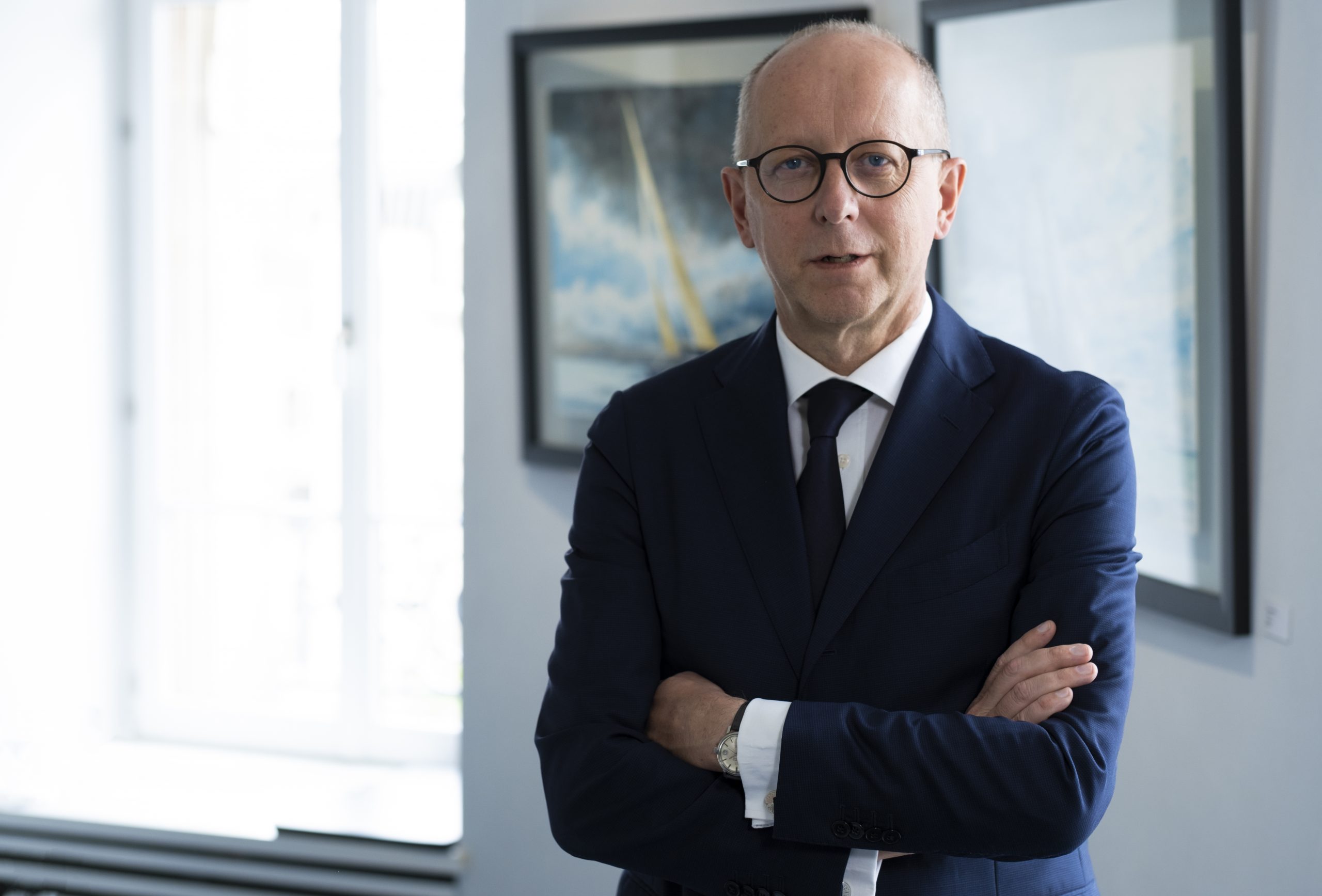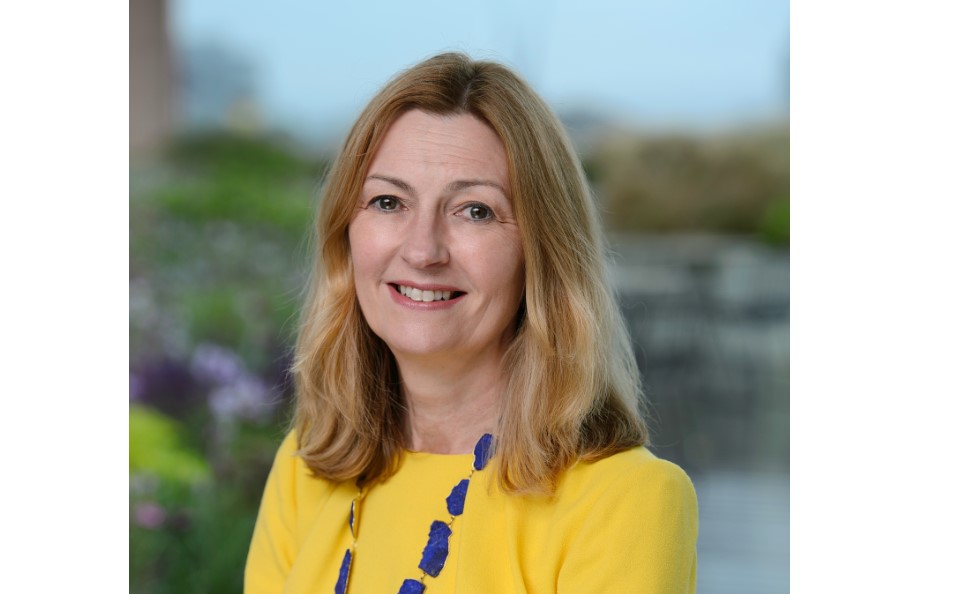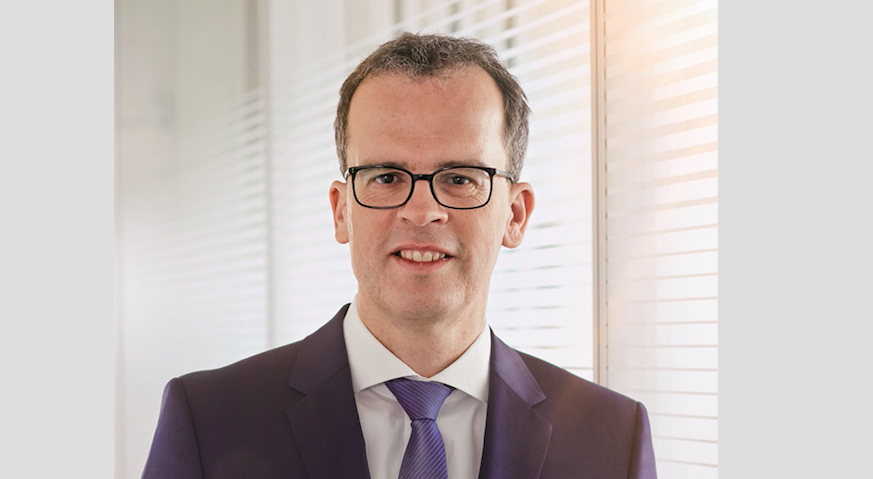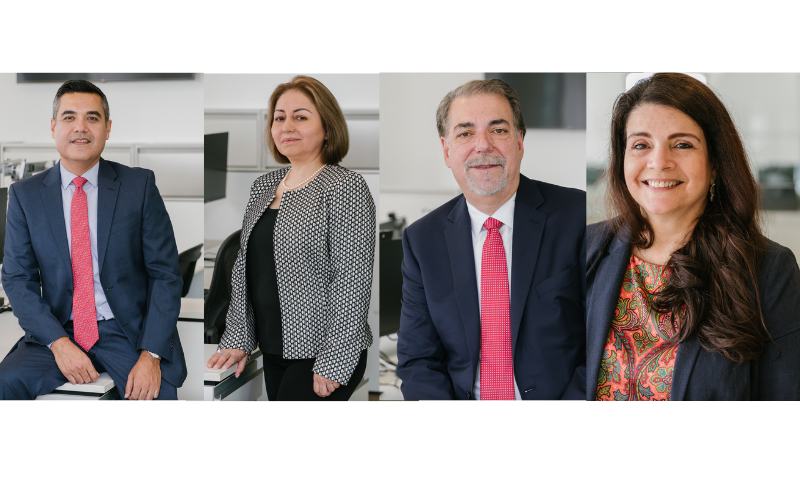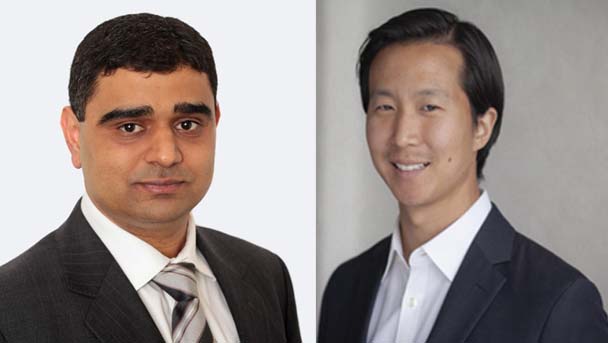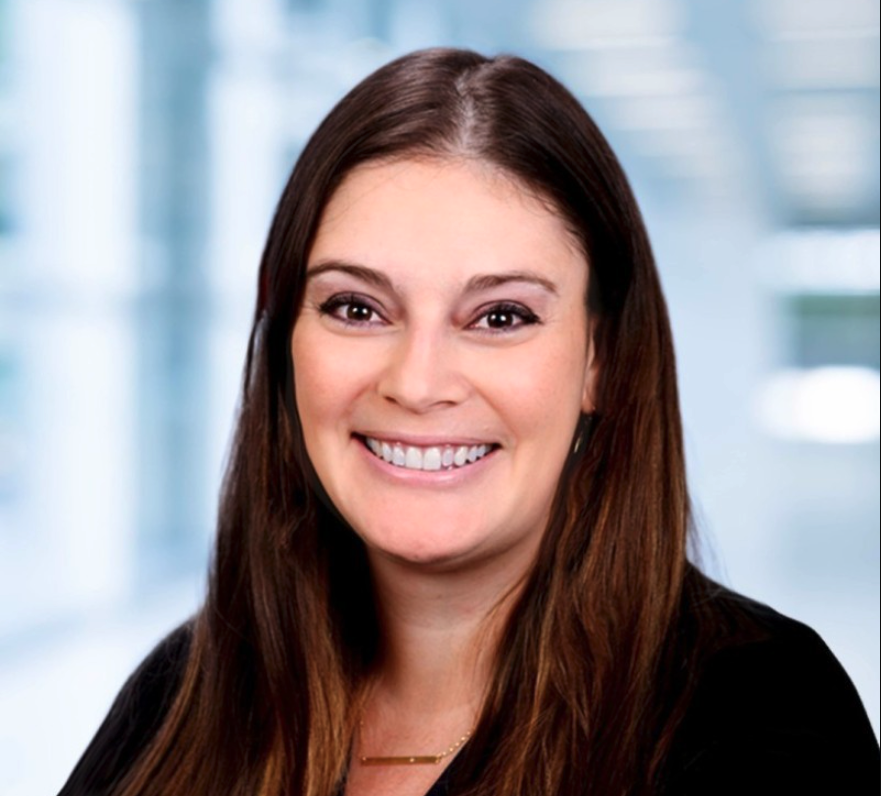Jason Brady has been Thornburg Investment Management’s CEO since 2016. Funds Society interviews him to talk about Thornburg’s development, its business plan, how the Covid-19 crisis has been managed on behalf of their clients and employees and about its funds range, of course.
In the past years we have seen a rash of realignment in the asset management industry due to regulation (MiFID) and the low rate environment. Covid-19 has acted as a new catalyst, and thus we have recently seen a lot of restructuring. What is the right size for a business in the global asset management industry and why? What growth plans has Thornburg for the medium to long term?
Jason Brady: This is a very important question for a medium-sized manager like Thornburg. Several years ago, many industry observers recommended an entry into the passive business and a myopic focus on scale, with success measured simply in terms of AUM. We believed then, and continue to demonstrate, that a deliberate and differentiated approach to adding value for clients through active management is the right way to catalyze growth and central to our identity as a firm. I believe that by conflating AUM with success, many asset management firms neglect to serve their clients well, and worse, lose their identities in the process. There’s no denying that economies of scale attract attention, but I see a dramatic shift in the execution of achieving scale.
Thornburg is firing on all cylinders. During the Covid-19 pandemic, we prioritized our employees’ health and wellbeing; inflows into our strategies are leading the industry; and we are delivering on the promise of active management for our clients. Our success is predicated on a commitment to the tools, people, solutions and processes that work. We have also made major investments for long-term success in risk management, ESG integration, geographic expansion and our platform of strategies. Charting a course in a deliberate manner has been our approach for the past 40 years and will guide our legacy for the next four decades.
Thornburg has currently six UCITS products that provide a diversified exposure to the global listed security landscape. Which products are currently experiencing more demand from clients? Do you plan to introduce new UCITS strategies any time soon?
At Thornburg, we aim to uncover the best risk/return opportunities across global equity and fixed income markets. Our range of choices for investors, including our six UCITS funds, reflects our deep, longstanding, and ongoing commitment to advisors and institutions around the world.
It’s no surprise that changing market environments have prompted a realignment of investor preferences. As our clients’ investment objectives evolve, we seek to tailor appropriate solutions to meet their needs. For example, in 2020 as investors sought safety, we observed enormous demand for fixed income strategies across the yield spectrum. The quality and value of our investment process have often helped us see around corners, and despite the crisis, our actions fueled steady outperformance. As a result, investor interest and inflows followed.
Today, with hopefully the worst of the crisis behind us, investors are increasing their equity allocations. Correspondingly, investor demand for our global equity, emerging market and multi-asset strategies has taken off in recent months.
Creating a new investment strategy is deliberate, and there’s no need to break speed records. In fact, in our nearly 40 years as a company, Thornburg has incepted 20 investment strategies, most of them organically. The process to explore new strategy offerings predominately rests with a product management committee. Three tenets guide development:
- New portfolios fit with our investment process. Strategies should benefit from our investment approach look across asset class, sector and geographic silos. This tends to mean that we are less interested in niche strategies.
- New portfolios complement the products and capabilities of the firm, such that the whole continues to be greater than the sum of the parts.
- New portfolios have long potential lives. They should serve the needs of our clients today and into the future.
Let’s talk about your leadership at Thornburg. What lessons have you learned by leading the company in the past few years?
I never stop learning. Throughout my life and career, including as CEO, I constantly take lessons away from client meetings and uncover new ideas from the Thornburg team.
No greater example of listening to clients and colleagues is in weathering the Covid-19 crisis. The cornerstone of Thornburg’s success is our collaborative, team-based approach. The pandemic reinforced the importance of employee health and safety. Every decision—from curbing non-essential business travel to remote work to in-office protocols—was born with continual input from our teams and even conversations with clients. A crisis often forces leadership to move quickly, so feedback was crucial to make an effective transition to a remote work environment, and it will be equally as vital as we return in greater numbers and frequency to the office.
Turning the clock back to my first couple of years as CEO, I worried that the industry, client needs, and markets outpaced Thornburg’s growth and evolution. I shifted the team into high gear and prioritized technology, ESG, risk management, and geographic diversity of our business. To my delight, we quickly jumped to light speed and today, our accomplishments across all of these areas are noteworthy. As the fog lifts on the Covid-19 crisis, investors see that Thornburg has jockeyed ahead of competitors while simultaneously remaining steadfast to our brand identity. Rooted in our energizing success is an iterative, always-questioning-always-learning philosophy.
In addition to being a CEO, you are a fixed income PM. What’s the future of FI as an asset class and where does it belong in a portfolio? Are you more in the 60/40 camp or the Buffet 90/10?
The central challenge for many investors has been the search for income without sparking a surge in volatility. I believe that after 40 years of ever-declining interest rates, bonds will play a different role in portfolios going forward. In previous market downturns, particularly over the last several decades, high-quality fixed income softened the landing while providing some modest—and dependable—real returns. Today, the real return on much of the fixed income universe is negative, and we’re seeing the insurance effect when bonds go up when stocks go down, get more complicated. In fact, on several occasions, the dominant growth equity stories in the market have been highly correlated with rates.
While many investors reconsider 60/40, I don’t think that 90/10 is appropriate for most portfolios. We should still depend on fixed income to help manage volatility. Moreover, a greater breadth of fixed income securities beyond the staple U.S. Treasurys provides an opportunity to deepen the diversification of the allocation.
More and more funds are being managed according to ESG principles What kind of changes are taking place at TIM to embrace improvements in environmental, social and governance practices in the business?
This is one of my favorite questions. At Thornburg, we are integrating ESG factors into the investment process for all of our strategies.
What investors often observe about ESG is that it’s is treated as a theme. However, our investment team looks at ESG considerations from a fundamental perspective. These factors are valuable, so we believe they should reside alongside other valuable factors that are going to impact our decision to invest or not invest in a security, have the right sell discipline, or have a stewardship plan.
The ESG integration journey started with a 2009 LEED Gold certification of our Santa Fe headquarters, and our more recent diversity, equity, and inclusion initiatives. ESG also extends to our governance, namely with a majority independent board of directors, including recent appointees Julia Sze, CFA, and Blair Naylor. So, when it comes to ensuring all members of our 40-person investment team are on board with the ESG integration journey, a strong, existing foundation propels the process forward in an organic manner. Obviously, integration within our strategies takes shape differently in equity portfolios than in fixed income—and even within the taxable and non-taxable strategies—but a culture in which every portfolio manager and analyst is able to challenge one another and contribute to each other’s deliberations produces balanced portfolios with stronger client outcomes.
Important Information
The views expressed are subject to change and do not necessarily reflect the views of Thornburg Investment Management, Inc. This information should not be relied upon as a recommendation or investment advice and is not intended to predict the performance of any investment or market.
This is not a solicitation or offer for any product or service. Nor is it a complete analysis of every material fact concerning any market, industry, or investment. Data has been obtained from sources considered reliable, but Thornburg makes no representations as to the completeness or accuracy of such information and has no obligation to provide updates or changes. Thornburg does not accept any responsibility and cannot be held liable for any person’s use of or reliance on the information and opinions contained herein.
Investments carry risks, including possible loss of principal.
Outside the United States
This is directed to INVESTMENT PROFESSIONALS AND INSTITUTIONAL INVESTORS ONLY and is not intended for use by any person or entity in any jurisdiction or country where such distribution or use would be contrary to the laws or regulations applicable to their place of citizenship, domicile or residence.
Thornburg is regulated by the U.S. Securities and Exchange Commission under U.S. laws which may differ materially from laws in other jurisdictions. Any entity or person forwarding this to other parties takes full responsibility for ensuring compliance with applicable securities laws in connection with its distribution.
Please see our glossary for a definition of terms.
For more information, please visit www.thornburg.com
